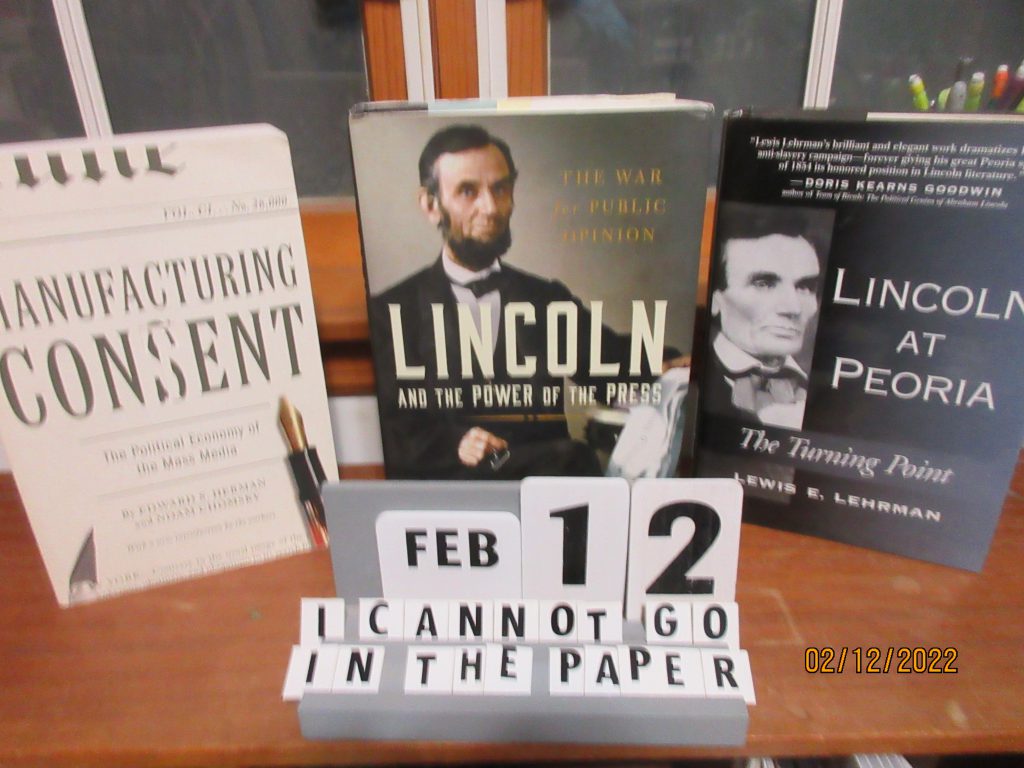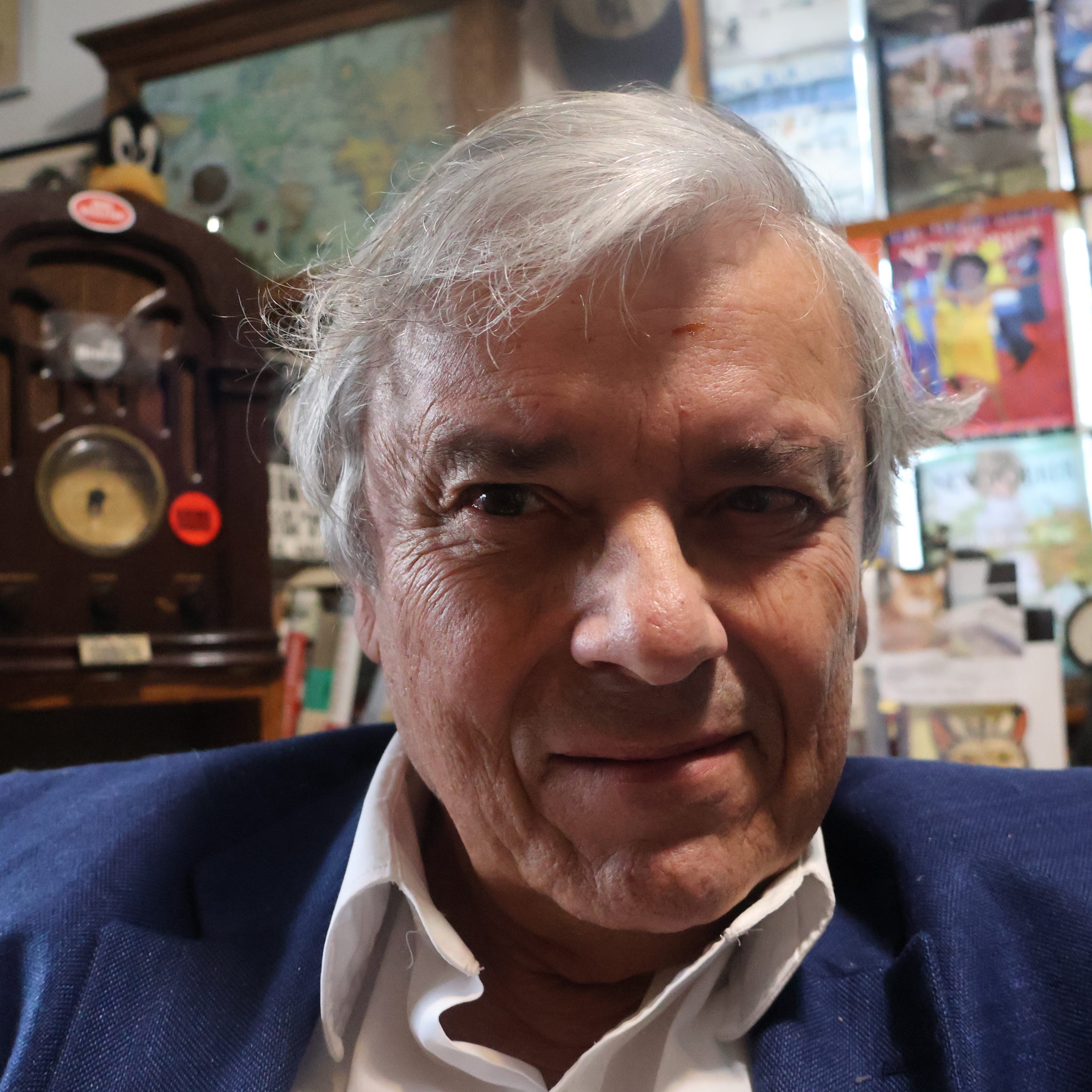Hits: 96

A Herald reporter printed a quip President Lincoln made in reference to a possible candidate visit to Kentucky a Slave-state that opposed him.
The remark Lincoln had said, (in jest) was ” was from a personal conversation with Kentucky politician, Samuel Haycroft inviting Lincoln to make a campaign appearance. Lincoln responding with “Would not the people lynch me?”
A Herald reporter following Lincoln listened on the record to Lincoln who told the reporter of the quip to Haycroft. The reporter interpreted the exchange in his story, writing (Lincoln feared) “the (Haycroft) invitation was a trap laid by some designing person to inveigle him into a slave State for the purpose of doing him harm.”
In the days of no Twitter, no Facebook, no CNN or Fox News, this embarrassing jest of a joke turned into a gaffe echoed in major newspapers at the time
Urged to deny it by advisors Mr. Lincoln said “I cannot go into the newspapers.”
At first, he demanded a retraction from Bennett. He wrote a letter of apology to Haycroft writing, “I scarcely think the correspondent was malicious; but rather that he misunderstood what I said.”
He asked Senator George C. Fogg, Secretary of the Republican National Committee to go to the publisher Bennett, with the request to print a third party denial that he requested of the publisher, Bennett, to publish. That retraction/correction/statement negotiation he suggested Fogg take to Bennett, that the request could go this way;
“This (the Herald reporter’s interpretation) is decidedly wrong. I did not say it. I do not impugn the correspondent. I suppose he misconceived the statement…I have playfully (and never otherwise) related this incident several times; and I suppose I did so to the Herald correspondent, though I do not remember it.
“Now, I dislike, exceedingly, for Kentuckians to understand that I am charging them with a purpose to inveigle me, and do violence to me. Yet I can not go into the newspapers. Would not the editorl of The Herald, upon being shown this letter, insert the short correction, which you find upon the enclosed scrap? Please try him unless you perceive some sufficient reason to the contrary.”
The “scrap” that Lincoln suggested that was carried to Bennett read:
“We have such assurance as satisfies us that our correspondent writing from Springfield. Ills, under date of August 8–was mistaken in representing Mr. Lincoln as expressing a suspicion of a design to inveigle him into Kentucky for the purpose of doing him violence. Mr. Lincoln neither entertains , nor has intended to express any such suspicion.”
Mr. Bennett would not, requesting a personal denial from Lincoln, signed. The President declined. And no longer pursued a correction. (Source: Lincoln and the Power of the Press by Harold Holzer)
Fogg carried this request to Mr. Bennett and told Lincoln Bennett was and of course very far from wishing to misrepresent you….would print any correction desired—-but only if it appeared over either Lincoln’s signature or Fogg’s.
Bennett was adamant: “To issue it editorially or by his correspondent would be to acknowledge the Herald or its correspondent in error.”
Fogg advised Lincoln to let the matter die, say he did not believe the correction he offers would pay.
Lincoln wrote Fogg: “You have done precisely the right thing in the matter with the Herald. Do nothing about it. Although it wrongs me, and annoys me some, I prefer letting it run its course, to getting it in the papers over my own name.”
Lincoln also rejected Mr. Haycroft’s making a statement to The Herald, saying the only purpose in writing him was to assure Haycroft “I had not charged you with an attempt to inveigle me into Kentucky to do me violence.’
The sequence is intriguing in what it says about Lincoln’s judgment and how to diffuse a situation that could drag on in a media frenzy, something the present media does all tooooooooo frequently. I see it every day on the front pages and the news networks.
The press was making interpretations of what politicians meant by statements even then.
